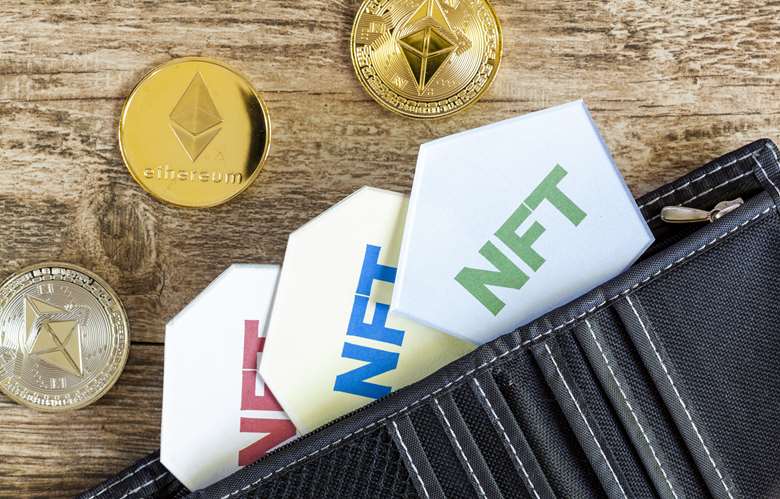What are NFTs, and what do they mean for music?
Lucy Thraves
Wednesday, June 23, 2021
NFTs - or non-fungible tokens - are creating a buzz in the music industry. But what are they, and what could they mean for musicians?


Register now to continue reading
Don’t miss out on our dedicated coverage of the classical music world. Register today to enjoy the following benefits:
- Unlimited access to news pages
- Free weekly email newsletter
- Free access to two subscriber-only articles per month
